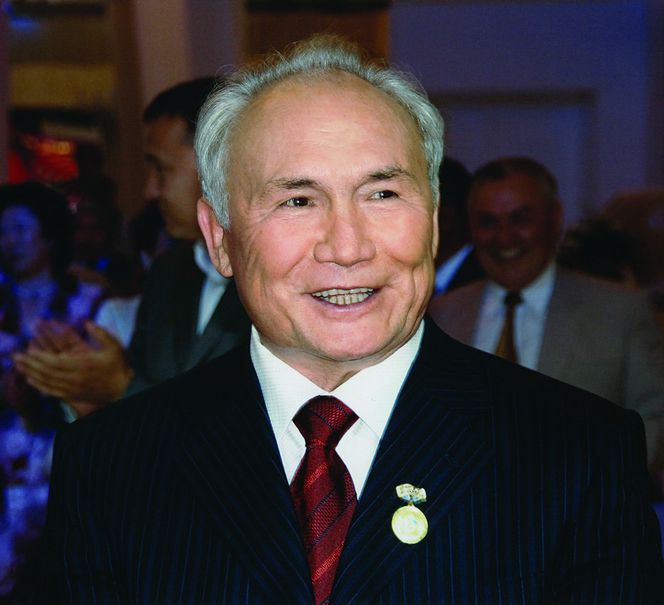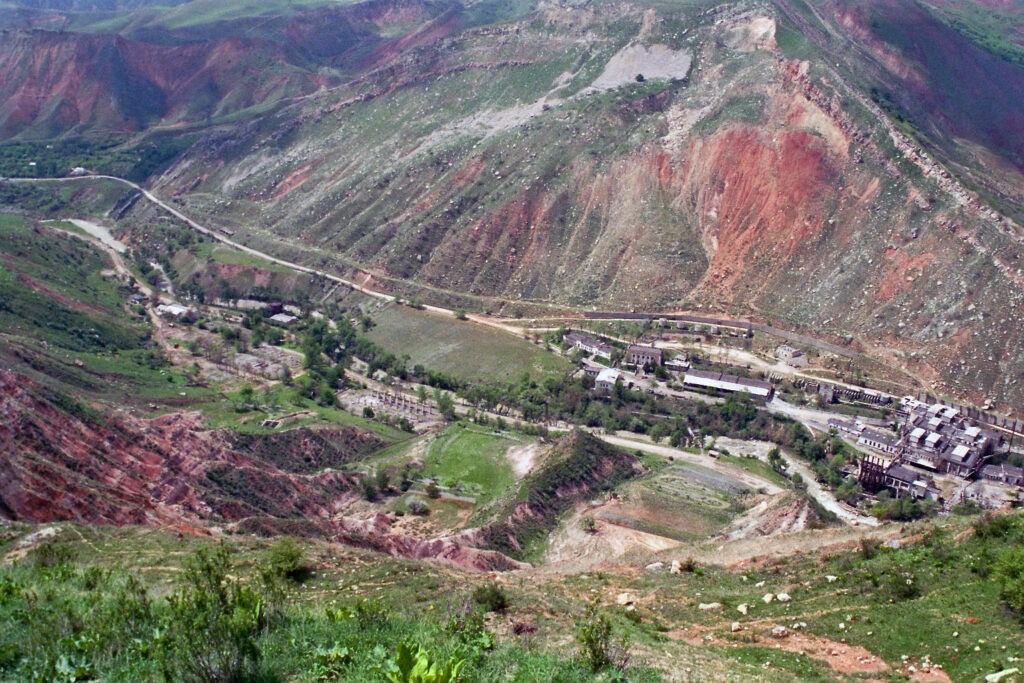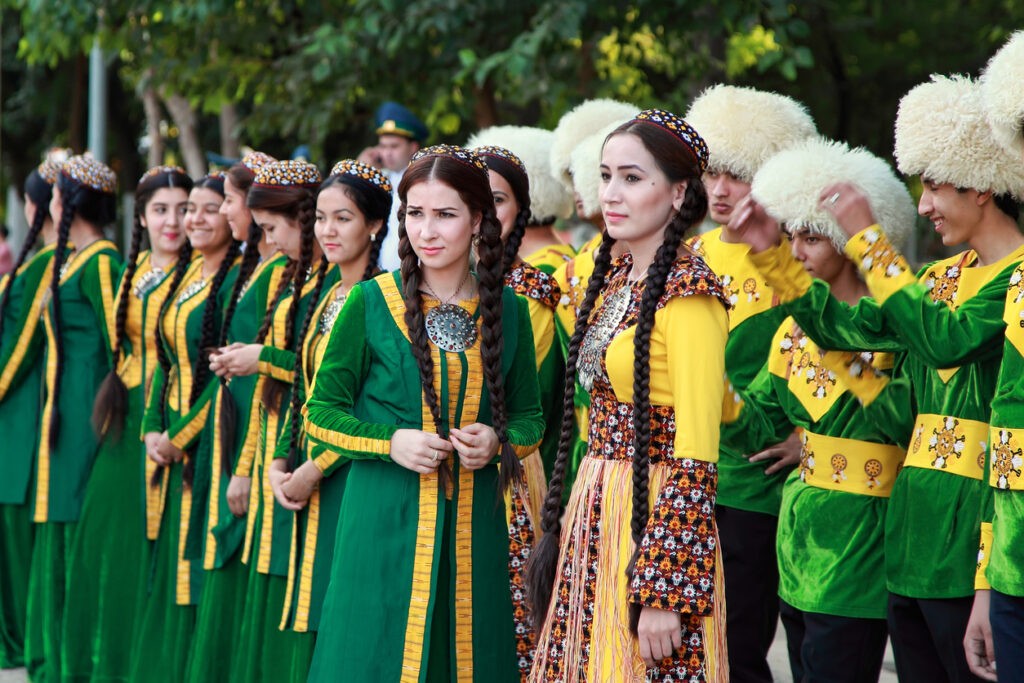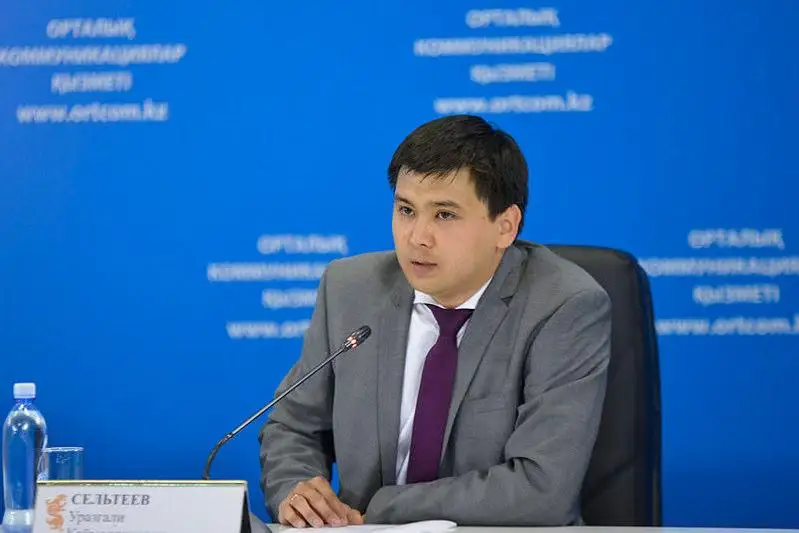Turkmenistan to Ditch Forced Labor in Cotton Harvesting
According to reports published by Turkmen.news, the government of Turkmenistan and the International Labor Organization (ILO) have adopted a roadmap for cooperation for 2024-2025, The document details specific steps to prevent the use of forced labor by adults and children during the cotton harvest. It also provides mechanisms for hired labourers to lodge complaints regarding coercion or extortion, and sets a minimum wage for pickers. If all of the conditions and measures outlined in the roadmap are implemented, significant progress will be made towards eradicating forced labor in Turkmenistan. The key aim is the legislation of a presidential decree on measures for organized cotton harvesting to eliminate the use of forced or compulsory labor. It is expected that a system of prohibitions and penalties will be introduced regarding the practice of forced mobilization or extortion. The roadmap stresses the need for a simple and easily accessible means whereby complaints of coercion can be anonymously filed to prevent officials retaliating against the complainant. The Ministry of Foreign Affairs, the Supreme Court, the Prosecutor General's Office, the Interior Ministry, the Ministry of Justice, the Ombudsman Institute, and the Ministry of Labor and Social Security are tasked with developing the document's recommendations. “Overall, if the measures in the roadmap are implemented, it will be a big step forward. Although the government has not publicly recognized the problem, such a detailed plan is encouraging,” said Ruslan Myatiev, editor of Turkmen.news.






